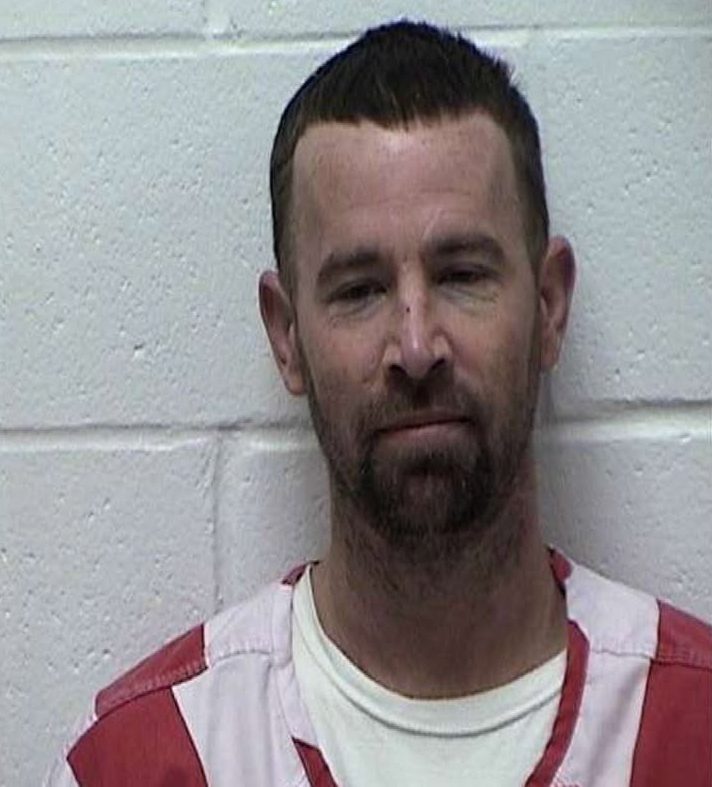A pilot’s responsibility
Published 7:00 am Wednesday, April 1, 2015
When you step onto an airplane, you relinquish all control over to the pilot and trust that he or she will get you from point A to point B safely. After all, hundreds of airplanes take off and land daily without issue. However, what happens when the pilot you’ve entrusted can’t be trusted?
Co-pilot Andreas Lubitz is believed to have deliberately crashed Germanwings flight 9525 into the French Alps last Tuesday, killing 150 people on board.
Through the investigation, prosecutors claim Lubitz suffered from suicidal tendencies, which could have been a contributing factor in the crash, CNN reported. The airplane’s black box recording proves Lubitz locked the pilot out of the cockpit just minutes before the crash. According to investigators, the pilot can be heard pleading, “For God’s sake, open the door!”
While investigators haven’t found evidence proving it was a suicide attempt, medical records reveal Lubitz was suicidal in the past and underwent psychotherapy before receiving his pilot’s license.
If Lubitz did have mental issues, why was he allowed to fly a plane? An airplane pilot and co-pilot have a great responsibility, so all measures should be taken to ensure they’re mentally stable to fly a plane.
While this type of incident is rare, 600 passengers have died in the past as a result of their pilot intentionally crashing the airplane, according to Newsweek. Those crashes include, the 1982 Japan Airline crash into the Tokyo Bay and the 1994 Royal Air Maroc crash into a mountain after takeoff.
If it was suicide, Lubitz had no right to take the lives of everyone else on board. While his mind might’ve been clouded with horrible thoughts, it doesn’t justify or lessen the fact that he selfishly decided to take everyone else’s life along with his own.
Airline companies around the world should make sure their pilots are prepared for the responsibility this job calls for.





